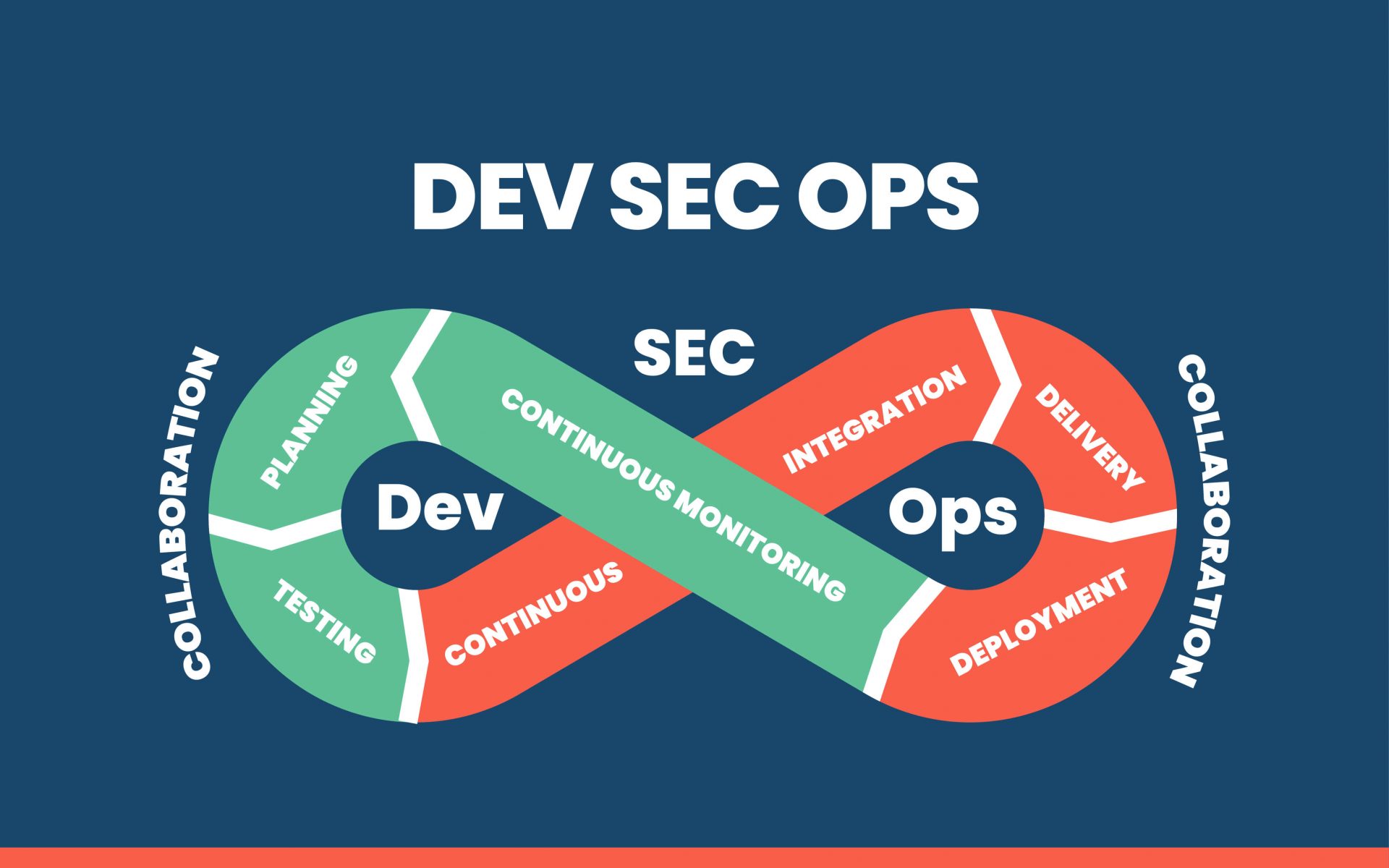Blogs
To know about all things Digitisation and Innovation read our blogs here.
Cloud and Infrstructure
The Future of Multi-Cloud Security
SID Global Solutions
8 February 2023

The future of multi-cloud security is a complex and evolving landscape that is increasingly important for organizations to understand. Multi-cloud security refers to the security measures and practices used to protect data and applications across multiple cloud environments, including public clouds, private clouds, and hybrid clouds.
Multi-cloud security also refers to the security measures and strategies put in place to protect data and resources across multiple cloud computing environments. This involves implementing security controls, policies, and procedures to ensure the confidentiality, integrity, and availability of data and services in a multi-cloud infrastructure. The goal of multi-cloud security is to safeguard data and applications from cyber threats, data breaches, and unauthorized access, regardless of where the data is stored or processed.
Also Read: How Low-Code Software Tools are Fueling Digital Transformation?
Key Trends of multi-cloud security
There are several key trends shaping the future of multi-cloud security, including:
Increased Adoption of Hybrid Clouds: As organizations move more of their IT infrastructure to the cloud, many are choosing to adopt hybrid cloud models that leverage a combination of public and private clouds. This presents new security challenges, as organizations must ensure that security measures are integrated across all their cloud environments.
Greater Focus on Cloud Security Posture Management (CSPM): With the increasing complexity of multi-cloud environments, there is a growing need for a centralized approach to managing cloud security posture. CSPM solutions provide a single view of security across all cloud environments, making it easier to identify and remediate security risks.
The Emergence of Cloud-Native Security Solutions: As cloud computing evolves, security solutions are becoming increasingly specialized, with a growing number of cloud-native security solutions that are optimized for specific cloud environments.
Expansion of Compliance and Regulatory Requirements: Organizations are facing an increasing number of compliance and regulatory requirements, including data protection laws such as the EU’s General Data Protection Regulation (GDPR) and the California Consumer Privacy Act (CCPA). To meet these requirements, organizations must ensure that their multi-cloud security measures are compliant with all relevant regulations.
Growing Threat of Cloud-Based Cyberattacks: As more organizations move to the cloud, the threat of cloud-based cyberattacks is increasing. Organizations must take steps to protect themselves from these attacks, including implementing security measures such as encryption, access controls, and network segmentation.
Also Read: 7 Crucial Elements of Digital Transformation
How to be ready for the future of Multi-Cloud Security?
To prepare for the future of multi-cloud security, consider the following steps:
- Adopt a multi-cloud strategy: Having a multi-cloud strategy in place will allow you to better understand and manage the security risks associated with using multiple cloud platforms.
- Implement strong identity and access management (IAM): Ensure that you have proper IAM controls in place, including multi-factor authentication and least privilege access, to prevent unauthorized access to your cloud resources.
- Use encryption: Use encryption to protect data in transit and at rest, and make sure to properly manage encryption keys.
- Monitor and manage cloud resource usage: Regularly monitor your cloud resources and track their usage to detect and prevent security breaches.
- Stay up-to-date with security best practices: Stay informed about the latest security best practices and technologies, and ensure that your security measures are updated to address evolving threats.
- Collaborate with security partners: Partner with cloud security vendors and consult with security experts to enhance your security posture and better prepare for the future of multi-cloud security.
Also Read: DevSecOps – The Most Sought-after Secured Integration Practice
Key Benefits of Implementation of Multi-Cloud Security:
Flexibility: Multi-cloud security allows organizations to leverage the benefits of multiple cloud services, offering flexibility and choice in selecting the best solution for specific needs.
Improved Security: Multi-cloud security provides multiple layers of security, reducing the risk of a single point of failure and increasing overall security.
Cost Savings: Multi-cloud security allows organizations to take advantage of the cost benefits offered by different cloud providers, reducing the overall cost of security.
Increased Resilience: With multiple cloud providers, organizations can ensure that their applications and data remain available even in the event of a failure in one cloud provider.
Better Compliance: Multi-cloud security can help organizations comply with various regulations, such as HIPAA and PCI, by allowing them to choose cloud providers that meet specific regulatory requirements.
Scalability: Multi-cloud security can easily scale to meet the growing demands of an organization, allowing it to adjust its security posture as needed.
Improved Performance: Multi-cloud security can help improve the performance of applications and data by allowing organizations to choose cloud providers that offer the best performance for specific workloads.
Multi-cloud security will continue to be a critical issue for organizations as they increasingly adopt cloud computing. To effectively manage multi-cloud security, organizations must stay informed about the latest trends and best practices and take a proactive approach to secure their cloud environments.








